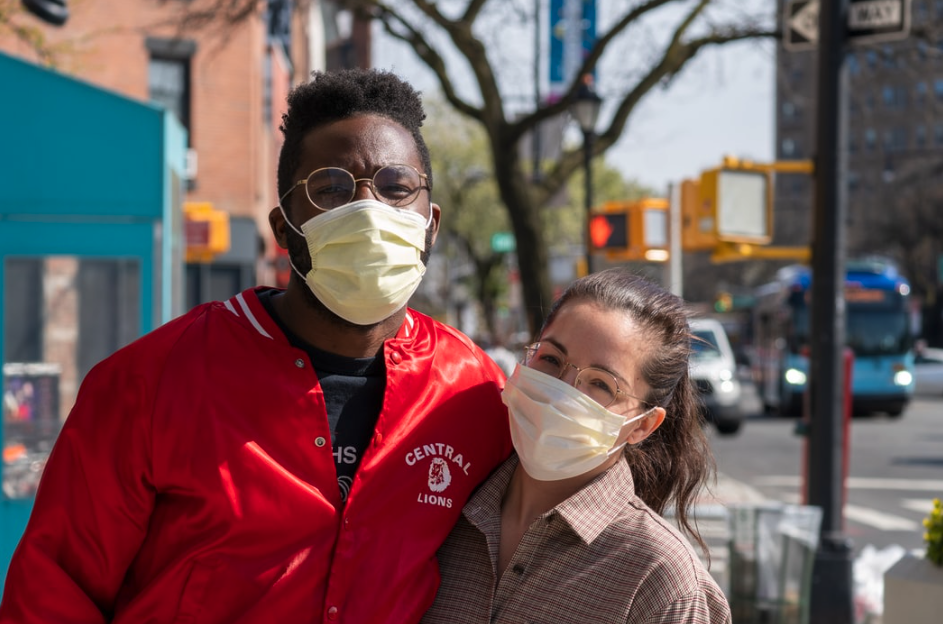In March 2020, when COVID-19 was declared a pandemic by the World Health Organisation, 25% of the student mobilities in Europe were cancelled. The majority of students did not know if they would receive their grant for the ongoing term. A third of students experienced at least one major problem related to their exchange, most common ones being related to the loss of transportation to return home, problems with accommodation and with access to basic needs such as food and sanitary products.*
While ongoing and future Erasmus opportunities were massively cancelled, and students and universities were deciding on the next steps to take, the European institutions initiated recommendations, encouraging online learning and the flexibility of all parties involved. The decisions about the coming fall semester focused on blended mobility.
Jumping to September 2020, more relaxed travel regulations are allowing the majority of registered exchange students to leave and start their mobility in their new country, and not online. While no official study has been concluded, the Erasmus Student Network volunteers, present in 42 countries, reported based on the number of exchange students supported that mobility has been reduced at least 50% this semester, compared to last year. This number is not negative in the line of the pandemic, but the format of the semester is not clear. A big challenge still faced is the lack or delay of information from the host universities regarding the start of the classes, in what format they will happen, but also regarding the services on campus. While the situation is understandable, this leads to uncertainty for students.
Imagining the situation goes back to what we can relate to the normality before the pandemic, we expect the students who did not, for multiple reasons, go now in Erasmus, to want to participate in the exchange programme in the spring semester of 2021, and even more students in the following years. These are positive predictions – but questions arise. How will the universities be able to cover this increased demand in the future, considering the proposed MFF?
We are concerned about the European Council’s suggested cuts from the Erasmus+ budget proposal. We already know that youth from disadvantaged backgrounds are less likely to go on exchange. Considering the current times, now it’s even more probable for them to be reluctant to apply. Through #Erasmus500, we ask for a more inclusive Erasmus+ programme.
Sabina Achim, ESN
*Student Exchanges in Times of Crisis research report, Erasmus Student Network, 2020

